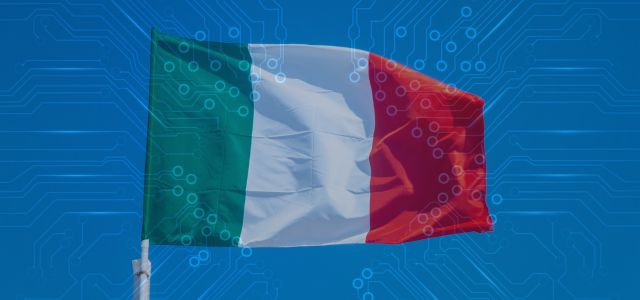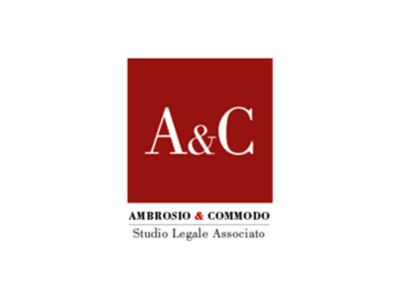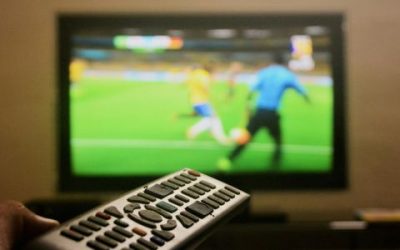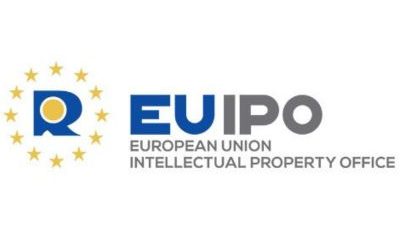Italy is the first EU Member State to pass a national law aimed at adapting the national legal system to the development of artificial intelligence (AI) technologies and to the EU AI Act provisions.
Italian Law No. 132 of September 23, 2025, published in the Official Journal on September 25, 2025, entered into force on October 10. As suggested by its name, Provisions and Delegations to the Government on Artificial Intelligence, the Act includes both amendments to the Italian legal system and delegations of power to the Government to establish, through several decrees, the new rules needed to bring national law into line with the AI Act.
The Act covers the different areas of the Italian national AI strategy, including:
- National authorities
- Measures to support and promote the development of AI technologies
- Copyright protection
- Criminal penalties
- Delegation to the Government to bring national legislation into line with the AI Act.
As far as copyright is concerned, Article 25 introduces two different amendments to the Italian Copyright Law (Law No. 633/1941).
The first modifies Article 1 of the Copyright Law (“protected works”), introducing the specification that a work created with the aid of AI may be protected by copyright, “provided that it constitutes the result of the author’s intellectual work.“
“Under the new law, AI technologies are regarded as technical tools that authors may use in their process of creation. The resulting work is protected if the human intervention is sufficient to consider the work itself as the result of the author’s intellectual work.”
The new rule does not define the threshold for an AI-generated work to be protected under copyright, leaving Courts free to assess it on a case-by-case basis.
This appears consistent with the existing national case law on the topic, namely the ruling of the Italian Corte di Cassazione (Italy’s Supreme Court) No. 1107 of January 16, 2023, which held that a digital picture created with software enjoys copyright protection.
Another new rule introduced in the Italian Copyright Law is Article 70-septies, which regulates the use of protected works for training AI models. Specifically, this provision allows “reproductions and extractions from works or other materials contained on the internet or in databases to which one has legitimate access, for the purpose of extracting text and data through artificial intelligence models and systems,” provided that such use complies with the provisions on exceptions to copyright set out in Articles 70-ter and 70-quater of the national law. The latter are based on the two text and data mining (TDM) exceptions pursuant to the CDSM Directive (Dir. EU 2019/790). TDM – i.e., the automated extraction and reuse of large amounts of content and data – is therefore permitted through the use of AI systems, unless the owners exercise their right to opt out, i.e., the right to exclude their protected works from TDM.
Conversely, a new type of offence has been introduced into the Copyright Law. Specifically, the new Article 171 a) ter establishes a financial penalty for anyone who, without being entitled to do so, for any purpose and in any form, “reproduces or extracts text or data from works or other materials available on the internet or in databases in violation of Articles 70-ter and 70-quater, including through artificial intelligence systems.”
The new law also amends the Criminal Code with regard to intellectual property, introducing a new offence, under Article 612-quater, punishing the “Illegal dissemination of content generated or altered using artificial intelligence systems,” and two specific aggravating factors for the use of AI in the offences of market manipulation (pursuant to Articles 2637 of the Italian Civil Code and 185 of Legislative Decree No. 58 of February 24 1998).
In the coming months, several decrees are to be approved by the Italian Government under the new AI law. It will be important to keep track of those, as they will introduce new elements and may also allow the specification of the relationship between AI and copyright.

Written by Fabrizio Lala
Of Counsel in IP Law and EU Law, Ambrosio & Commodo Law Firm
You may also like…
Takeaways from J.M. Smucker Company v. Trader Joe’s Company for brand owners regarding trade dress enforcement
Dupes and generic brands, which were once seen as inferior alternatives to name-brand products, have become more...
UEFA partners with Alliance for Creativity and Entertainment to enhance global anti-piracy strategy
October 21, 2025 - The Union of European Football Associations (UEFA) has officially joined the Alliance for...
EUIPO and UANIPIO welcome the integration of Ukraine’s trademarks into TMview
The European Union Intellectual Property Office (EUIPO) and the Ukrainian National Office for Intellectual Property...
Contact us to write for out Newsletter














